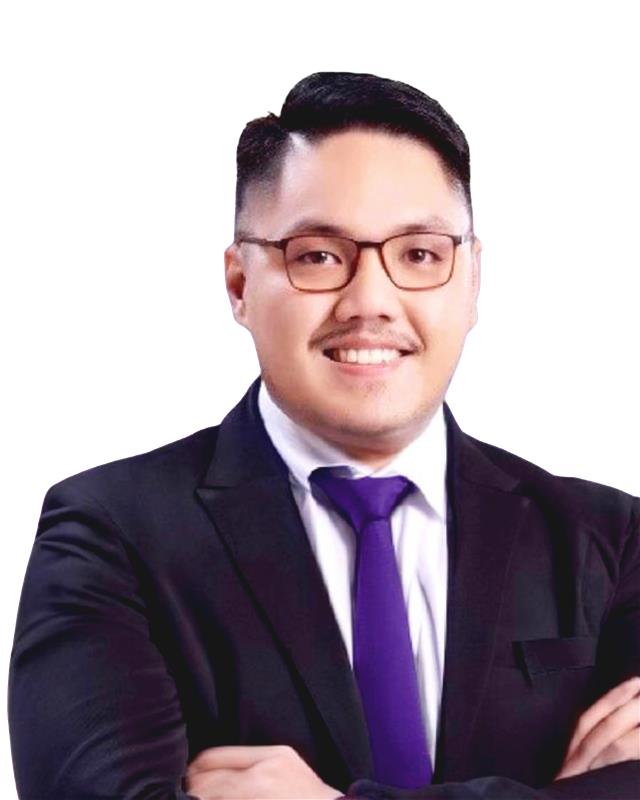 BY ATTY. CARLO ANGELO NEGADO
BY ATTY. CARLO ANGELO NEGADO
ACCESS to legal aid in the Philippines remains a pressing challenge. The sad reality is that millions of Filipinos in rural and marginalized communities struggle to have access to legal services. The Public Attorney’s Office (PAO) is often overwhelmed by high caseloads. Meanwhile, the Integrated Bar of the Philippines (IBP), which operates legal aid clinics nationwide, faces a shortage of volunteer lawyers, particularly from the private sector. This dual burden of excessive demand and limited supply has left many without the legal support they need.
According to the 2024 World Justice Project Rule of Law Index, the Philippines scored 0.28 for the factor “Due process of the law and rights of the accused”, significantly lower than the global average of 0.51, and 0.52 for the factor “People can access and afford civil justice”, slightly lower than the global average of 0.56. This disparity highlights the urgent need for broader participation in legal aid, especially from lawyers in private practice and specialized fields.
Understanding ULAS
The Supreme Court’s promulgation of the Rules on Unified Legal Aid Service (ULAS) is a direct response to this gap. It mandates that all covered lawyers render 60 hours of pro bono legal aid within a three-year compliance period or, alternatively, contribute financially to the ULAS Fund for up to 50% of the required hours, thereby expanding the pool of legal professionals available to serve the public.
Lawyers may comply with the ULAS Rules either individually or through registered organizations like private corporations, law firms, or government agencies. In the latter case, while the required pro bono legal aid hours may be aggregated across the organization, each covered lawyer must personally render at least 25% of the required legal aid hours.
Under the ULAS Rules, among others, qualified pro bono legal aid beneficiaries include (a) a person to whom a counsel de officio was appointed by any court, tribunal, or other government agency or (b) any person who is determined by the covered lawyer or registered organization to be an indigent party or litigant or a person not considered an indigent party or litigant but nevertheless has no sufficient means to afford adequate legal services.
Navigating the transition for specialized lawyers
For lawyers in specialized fields such as taxation, regulatory compliance, mergers and acquisitions, and corporate transactions, this shift may feel unfamiliar. Their daily responsibilities often do not intersect with the needs of indigent clients or public interest cases. However, these challenges are not barriers but are opportunities for innovation to recalibrate and apply their expertise in ways that are both meaningful and socially responsive.
ULAS does not ask lawyers to abandon their expertise. On the contrary, it encourages them to apply their skills in the service of the broader community. Pro bono legal aid can take many forms, including legal counselling, assistance in contract negotiation, drafting of legal documents, policy work, community education, and developmental legal assistance such as rights awareness and capacity-building.
The compliance burden and the culture shift
Still, the burden is real. Many lawyers work in high-pressure environments with billable hour targets and strict confidentiality obligations. The requirement to prepare reports, log hours on the ULAS Portal, or contribute to the ULAS Fund may feel like an administrative imposition rather than a moral calling.
But perhaps that’s the point. ULAS is not just a rule; it represents a cultural shift. It challenges the legal profession to reimagine its role in society, not just as a provider of services to paying clients but as a partner in building a more just society. It encourages law firms and corporate legal departments to foster a culture of service and reminds individual lawyers of the deeper purpose behind their profession, as well as to bridge the gap between privilege and public service.
Shaping a more just legal future
ULAS is not without flaws. It risks being seen as a one-size-fits-all solution to a deeply complex access-to-justice problem. However, it is undeniably a step in the right direction. For lawyers in tax and corporate practice, it offers a chance to extend their impact beyond the boardroom and into the community, to use their skills not just for compliance and profit, but for justice, empowerment, and purpose.
In embracing ULAS, the legal profession affirms its commitment to justice, not just in principle, but in practice.
Atty. Carlo Angelo T. Negado is a Manager for the Tax Advisory and Compliance Practice Area at P&A Grant Thornton. One of the leading audit, tax, advisory, and outsourcing firms in the Philippines, P&A Grant Thornton is composed of 29 Partners and 1,500 staff members. We’d like to hear from you! Connect with us on LinkedIn and like us on Facebook: P&A Grant Thornton and email your comments to business.development@ph.gt.com. For more information, visit our website: www.grantthornton.com.ph.
